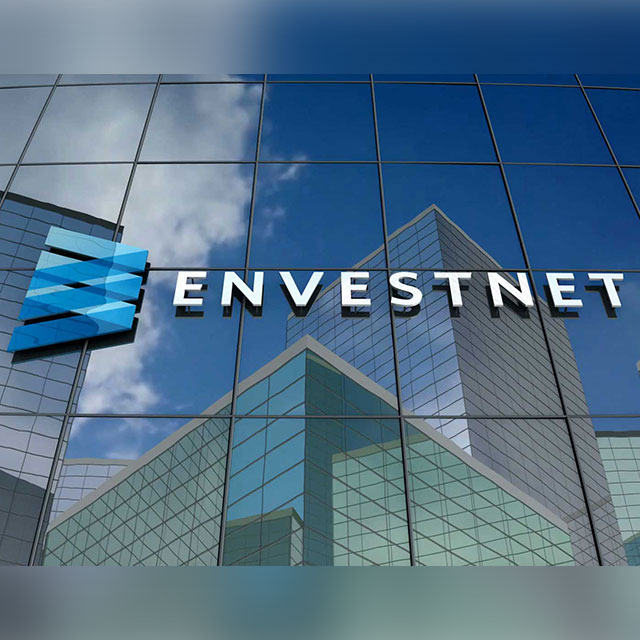Warren Buffett's 10 Nuggets of Investing Wisdom: 2020
Berkshire's Earnings
Berkshire had a return of 11% in 2019 vs. 31.5% for the S&P 500. In 2018, though, Berkshire had a 2.8% return vs. -4.4% for the S&P. After taxes, the conglomerate earned $81.4 billion in 2019: $24 billion of operating earnings, $3.7 billion of realized capital gains and a $53.7 billion gain from an increase in the amount of net unrealized capital gains in its stocks (as per a new accounting rule). The conglomerate's $237 billion in public holdings at year-end included Apple ($73 billion), Coca-Cola ($23.5 billion), Delta Air Lines ($3.9 billion) and Amazon ($1.1 billion) — as well as a host of financial services companies. Check out the gallery above to glean some pearls of wisdom from the yearly letter. --- Related on ThinkAdvisor:
© Touchpoint Markets, All Rights Reserved. Request academic re-use from www.copyright.com. All other uses, submit a request to [email protected]. For more inforrmation visit Asset & Logo Licensing.
Featured Resources
View All
Sponsored by Axos Advisor Services
Integrated Banking Solutions: How To Enhance Client Services and Grow Your Business

Sponsored by Optifino
Three Macro Trends Impacting Long-Term Care: Trends, Solutions & Client Conversations

Sponsored by Vanilla
The Missing Piece: Why Advisors Who Skip Estate Planning are Failing Their Clients

Sponsored by Manulife John Hancock Investments
Staying Patient and Positioned for Opportunity in the Bond Market







